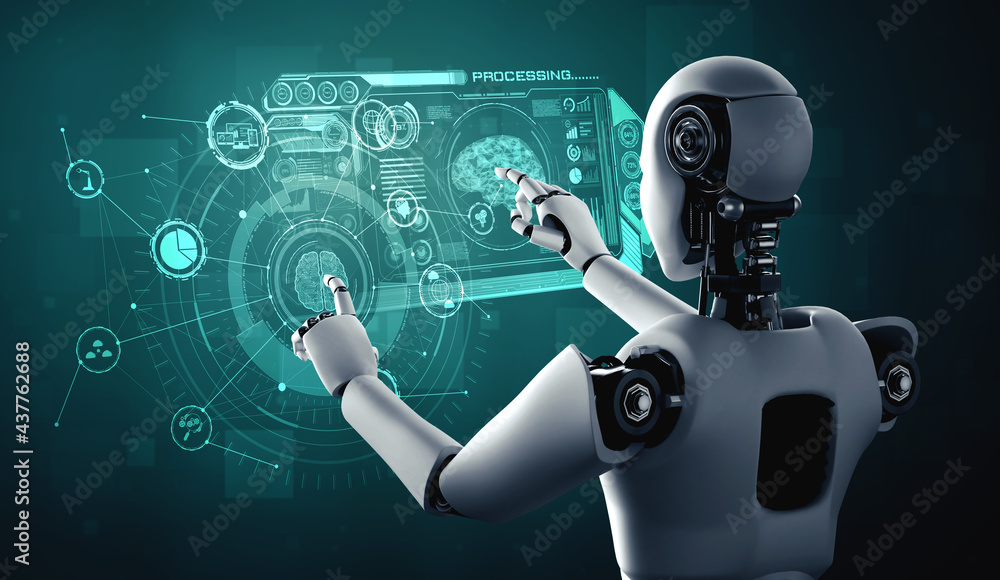Introduction to AI Marketing Automation
Artificial Intelligence (AI) is revolutionizing the marketing landscape, transforming how businesses engage with customers, analyze data, and optimize campaigns. Marketing automation powered by AI enables companies to deliver personalized experiences at scale, predict customer behavior, and make data-driven decisions that drive growth.
In this comprehensive guide, we'll explore how AI automation is reshaping marketing strategies, the tools and technologies driving this transformation, and practical steps to implement AI-powered marketing automation in your organization.
Key Benefits of AI in Marketing
Personalization at Scale
AI enables hyper-personalized customer experiences by analyzing vast amounts of data to understand individual preferences and behaviors.
Predictive Analytics
Forecast customer lifetime value, churn probability, and optimal timing for marketing campaigns using machine learning algorithms.
Automated Campaign Optimization
Continuously optimize ad spend, targeting, and creative elements in real-time based on performance data and user interactions.
Enhanced Customer Insights
Gain deeper understanding of customer segments, preferences, and journey patterns through advanced data analysis.
Essential AI Marketing Tools
Customer Data Platforms (CDPs)
Tools like Segment, Salesforce CDP, and Adobe Real-time CDP help unify customer data from multiple touchpoints.
- Real-time data integration
- Customer profile unification
- Audience segmentation
Marketing Automation Platforms
HubSpot, Marketo, and Pardot offer AI-powered features for lead scoring, email optimization, and campaign management.
- Automated lead nurturing
- Behavioral triggers
- Performance analytics
AI-Powered Analytics
Google Analytics Intelligence, Adobe Analytics, and Mixpanel provide AI-driven insights and recommendations.
- Automated insights generation
- Anomaly detection
- Predictive modeling
Implementation Strategy
Step-by-Step Implementation
- Data Audit: Assess current data quality, sources, and integration capabilities
- Goal Setting: Define clear objectives and KPIs for AI automation initiatives
- Tool Selection: Choose appropriate AI marketing tools based on your needs and budget
- Pilot Program: Start with a small-scale implementation to test and learn
- Team Training: Educate your marketing team on AI tools and best practices
- Scale Gradually: Expand AI automation across more campaigns and channels
- Continuous Optimization: Monitor performance and refine strategies based on results
Real-World Case Studies
E-commerce Personalization Success
How a leading online retailer increased conversions by 35%
By implementing AI-powered product recommendations and dynamic pricing, the retailer achieved:
- 35% increase in conversion rates
- 28% higher average order value
- 50% reduction in cart abandonment
B2B Lead Scoring Optimization
SaaS company improves sales efficiency with AI
Using machine learning for lead scoring and automated nurturing resulted in:
- 60% improvement in lead quality
- 40% faster sales cycle
- 25% increase in marketing qualified leads
Future of AI Marketing
The future of AI in marketing holds exciting possibilities, including advanced conversational AI, predictive customer journey mapping, and real-time personalization across all touchpoints. As AI technology continues to evolve, marketers who embrace these innovations will gain significant competitive advantages.
Key trends to watch include voice search optimization, visual search capabilities, and AI-generated content that maintains brand consistency while scaling personalization efforts.
